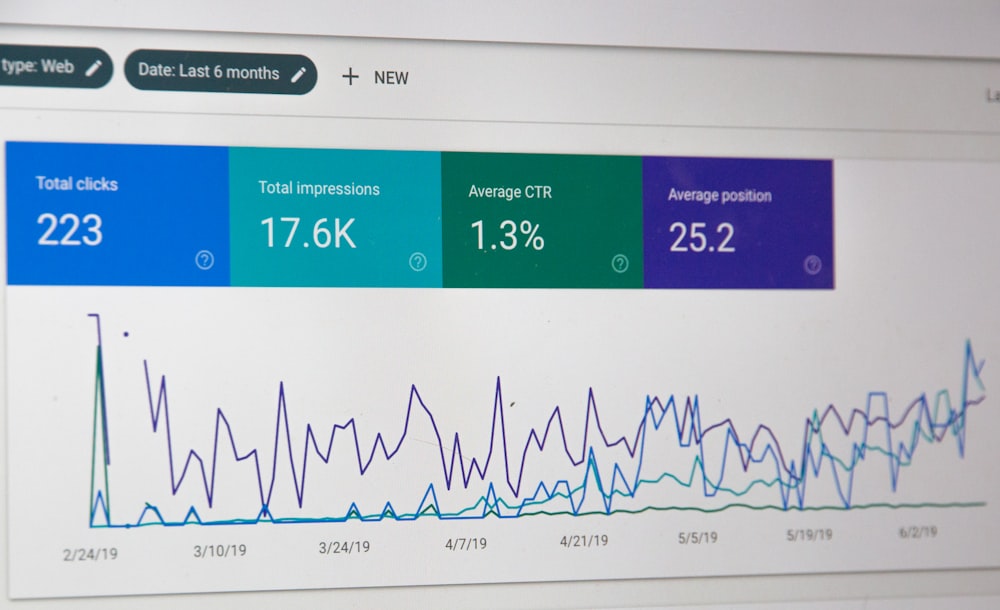
Finding contextual links takes effort and time. But the rewards are worth it long-term. It offers significant benefits, including better search engine rankings and more referrer traffic.
Do Contextual Backlinks work?
Getting contextual backlinks is an essential aspect of SEO or search engine optimization (SEO). They aid in ranking your site higher in Google’s SERPs and improve organic traffic.
Guest blogging is one of the best ways for contextual links to be built. It is essential to make sure that your guest blog site is pertinent to your business’s industry and your market.
Link building programs that are reciprocal in nature are an additional method to build contextual links. They can be accomplished via email or via social media.
It is crucial to look for websites that have significant authority and relevant users. These sites are more likely be to link back or feature your business in their articles.
Google uses contextual backlinks to determine your rank. Google may use these backlinks to aid in understanding your website by analyzing the context, the content as well as other aspects of the pages that link to you.
What is a context-based link?
Contextual links are a type of backlink used to help your website improve the search engine rankings of your site. They are thought to be more valuable than normal links because they are more relevant and valuable to a specific topic or page.
Google considers contextual links to be an confirmation that your website is worthy of being ranked higher. They can also be used to establish credibility for the website that is the link’s source and the site that is linking to them.
The most effective contextual links are organic and originate from top-quality websites. They should be embedded in relevant content relevant to your specific business and niche as well as your business.
The best way to increase site traffic and improve ranking on search engines is to include more contextual linking. It’s also a great way to establish your brand as an expert within your field.
Web 2.0 Contextual Links
Web 2.0 contextual backlinks refer to hyperlinks that are embedded in the content of a piece. They are very useful as they enable search engines to identify the content’s context and determine its ranking accordingly.
While they are useful for building quality backlinks, they must be done correctly. If you employ these methods too aggressively, you could be a victim of methods of link building that are illegal and could damage your SEO efforts.
It is important to create high-quality links, not just one or two from Web 2.0 platforms. Google will not penalize your site if you don’t use white hat methods for creating these links.
How to Find Contextual Links
Search engines find contextual links to be the most useful types of links external to. They are supplied by trusted sources that are relevant to the content to which they refer.
It is important to build relationships with domains with authority in order to obtain contextual links. This can happen via guest posts or interviews.
These strategies will help you create a community with high-quality web pages and content. They can also connect to yours, if you use them correctly. This will help you get higher rankings on search engines , and will increase your website’s traffic.
Additionally, you can get contextual links through the use of internal hyperlinks which are links within your own site that point to other pages of your site with pertinent and useful information. This keeps your visitors interested and encourages them stay longer on your site which is beneficial for SEO.

